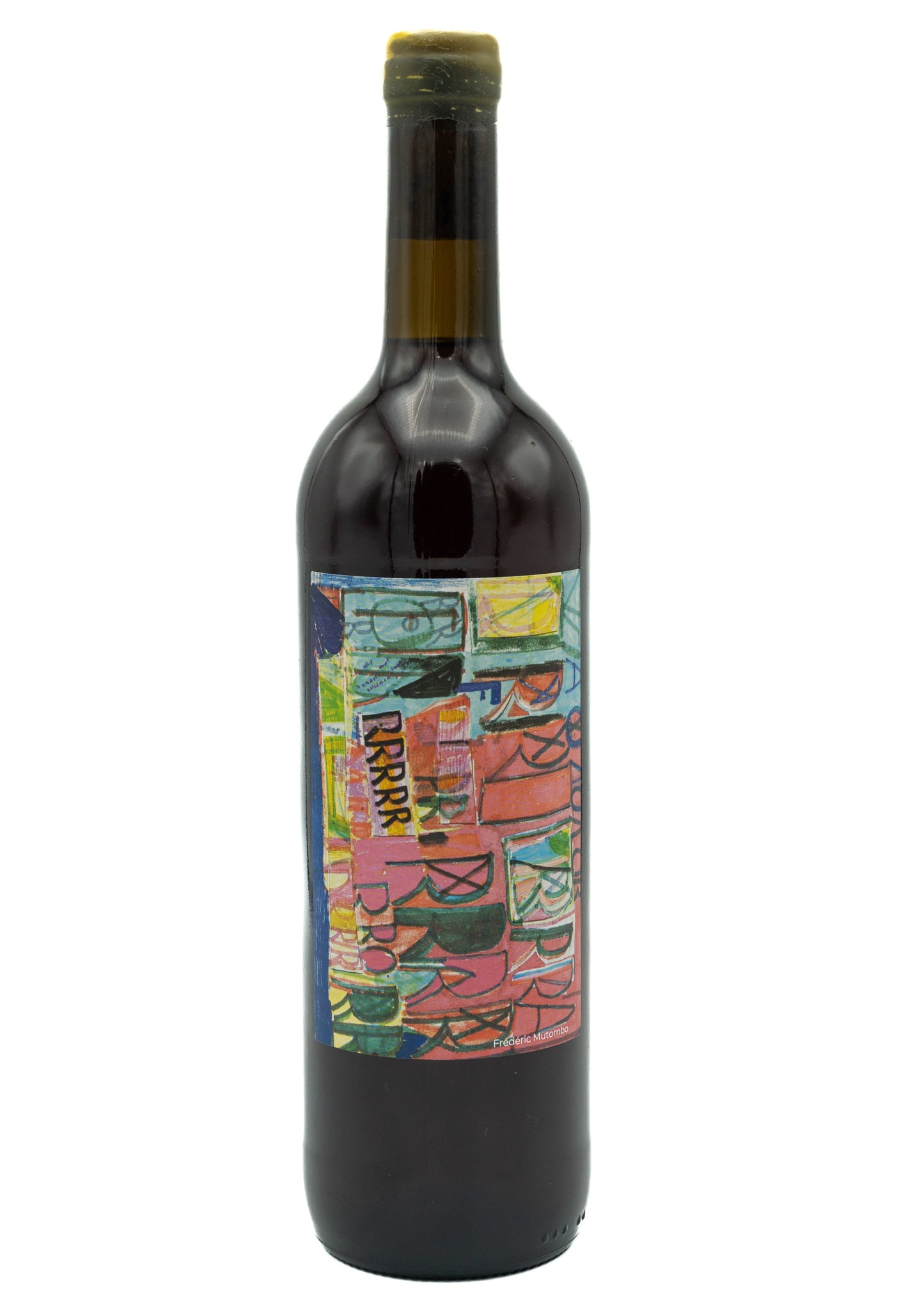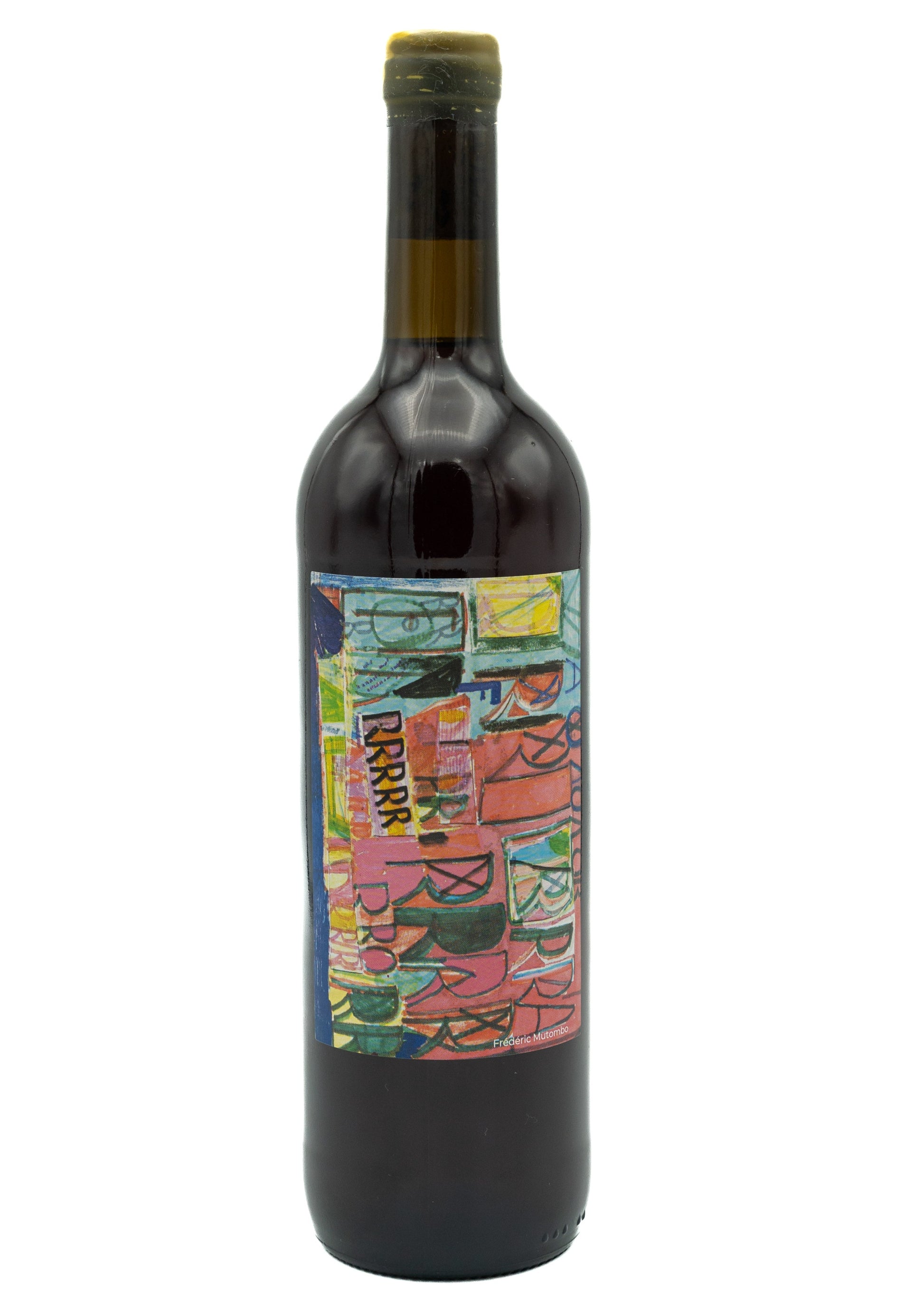Emilie Mutombo Omnia 2022
Emilie Mutombo Omnia 2022
Couldn't load pickup availability
Fresh, packed with fresh strawberry and red cherry. Subtle tannins.
COUNTRY Bonastre, Spain
VARIETY Merlot, Bobal, Macabeo, Parellada
STYLE Fresh & Juicy
ABV 10.5%
WINEMAKER Emilie Mutombo
ABOUT THE REGION
Spain's natural wine scene is a rich tapestry woven from a deep-rooted winemaking history and a contemporary embrace of sustainable, minimal-intervention practices. With a viticultural legacy dating back to Roman times, Spain has recently witnessed a resurgence of interest in organic and biodynamic viticulture, shaping a dynamic natural wine movement. Regions such as Catalonia's Penedès, the Sierra de Gredos, and the ancient vineyards of Bierzo are at the forefront, where skilled winemakers are redefining Spanish wine with a focus on authenticity and terroir expression. Traditional grape varieties like Tempranillo, Garnacha, and Albariño are gaining renewed attention, embodying Spain's commitment to preserving its winemaking heritage while embracing the innovations of the natural wine movement.
Share

Organic, Biodynamic and Natural wine. What’s the difference?
To understand this concept and its various ramifications, it is necessary to keep something clear in mind: before the 20th century and the spreading of affordable synthetic fertilisers, all farming was organic. When the shift to the use of synthetics and pesticides happened, it became necessary to diversify traditional organic farming from the new modern farming.
ORGANIC WINE
Simply put, organic farming forbids the use of synthetic fertilisers, synthetic pesticides, herbicides, or genetically modified organisms. The basic requirements are generally specific and engage the farmers not to use any chemical fertilisers and other synthetic products in the vineyard. It does not prevent the vintner from using the conventional winemaking process after harvesting.
BIODYNAMIC WINE
Let’s take organic farming one step further: Biodynamic. The creator of this agricultural system is the Austrian philosopher Rudolf Steiner, who developed the principles of biodynamics in a series of lectures given in 1924 in Germany. Here lies the foundation of true organic wines, with a strict limit in the use of additives, stringent requirements and at the end obtaining a biodynamic certification.
NATURAL WINE
The previous definitions are usually, and rightfully, associated with it, because most natural wine is also organic and/or biodynamic. But not vice versa!
Natural wine is wine in its purest form, simply described as nothing added, nothing taken away, just grapes fermented. No manipulation whatsoever, minimal intervention both in the vineyards and in the winery. Healthy grapes, natural yeast and natural fermentation, with no filtration nor fining. Sounds easy, right? However, making natural wine is unforgiving and it requires a bigger amount of work than conventional wine. To this day, natural wine has no certification yet.

